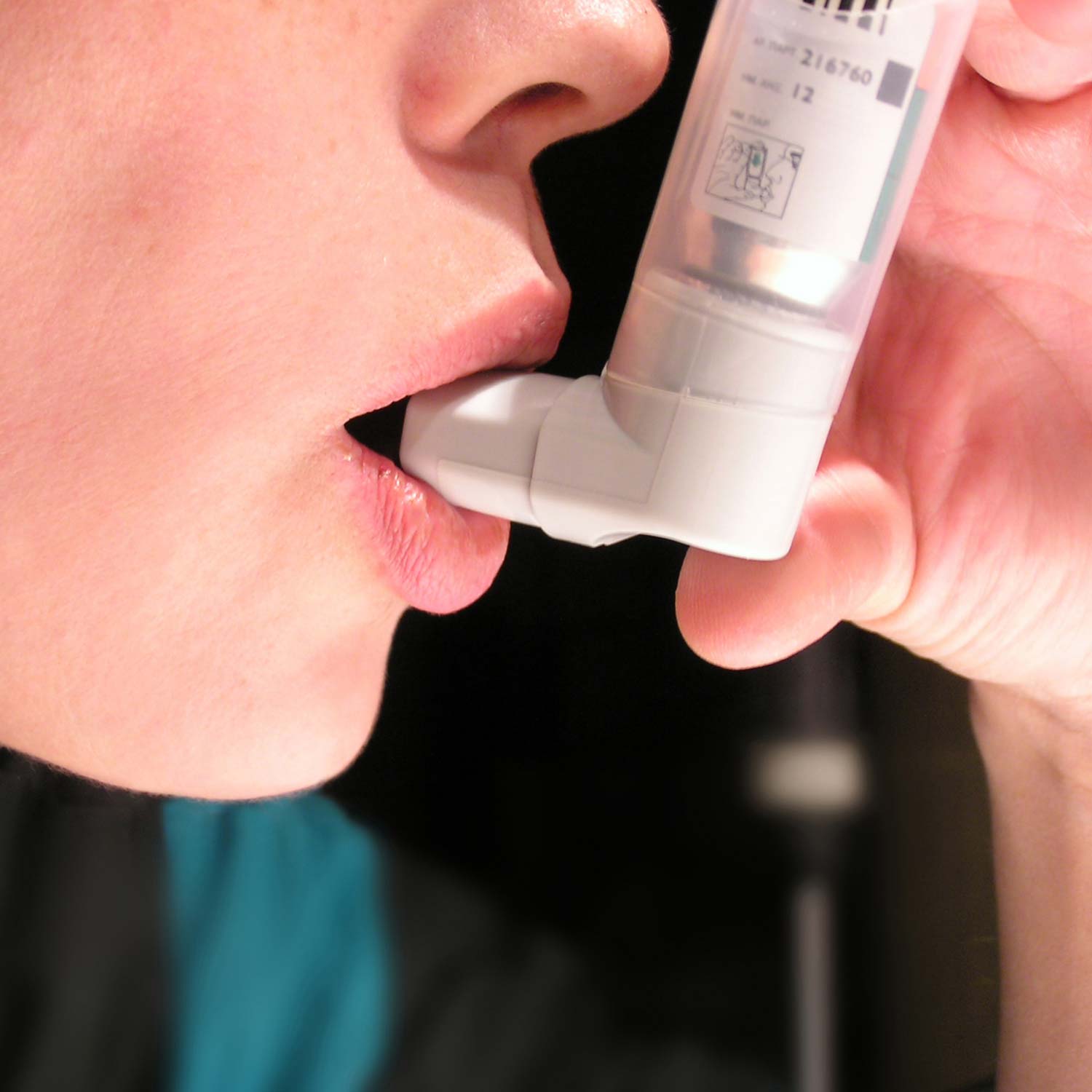Personalised Medical Nutrition Therapy for Children and Adolescents with Asthma and Overweight or Obesity
Closing Date: 03 May 2024 Apply Now
PhD Scholarship
Up to 50% of children and adolescents with asthma are overweight/obese, vs 25% of those without asthma. Excess weight is linked with worse asthma control and a higher chance of asthma attacks. Dietary intervention may be an important strategy to improve asthma control in this group

In Australia, asthma is the predominant attributable disease burden of paediatric overweight/obesity; highlighting the importance of addressing these major chronic diseases concurrently. Furthermore, children and adolescents with excess weight are highly likely to carry this into adulthood, highlighting the need to intervene early to ameliorate the detrimental effects on asthma management throughout childhood and later life.
Our previous study demonstrated that diet-induced weight loss, using personalised Medical Nutrition Therapy (MNT), can improve asthma outcomes with a clinically significant difference in asthma control. This project will investigate the feasibility, acceptability and efficacy of delivering MNT to children and adolescents with asthma and overweight/obesity via telehealth, to increase the reach and accessibility of this intervention.
Aims: (1) To examine the effect of MNT on asthma outcomes (control, lung function, exacerbations and healthcare use), nutrition-related outcomes (BMI z-score, body composition and diet quality) and biomarkers at 6 months, compared with a control group. (2) To assess feasibility and acceptability of the intervention to participants, carers and clinicians.
Design: A feasibility trial of telehealth-delivered MNT for children and adolescents with asthma, with overweight/obesity (feasibility of the Eat healthy for Asthma Telehealth trial, fEAT), using a randomised controlled, blinded parallel-group design. Intervention (0-6 months): The intervention group will receive MNT delivered via a telehealth platform at baseline, 2 weeks, 6 weeks, 3 months, 4.5 months and 6 months. The control group will not receive MNT as part of the study during the intervention phase. Both groups will have purpose-built questionnaires automatically sent each month via REDCap for documentation of asthma control, exacerbations, medication use, physical activity, sleep, weight/height, and participant and carer quality of life, with a validated Food Frequency Questionnaire completed at baseline and 6 months. Emergency presentations and admissions will be verified by hospital records. Clinical asthma and nutritional outcomes will be collected during clinic visits at baseline and 6 months. The intervention will be delivered by a qualified dietitian, with all outcome data collected by research personnel blinded to the group allocation.
Clinical Outcomes: Asthma control, lung function, exacerbations, healthcare use and cost; BMI z-score and diet quality score; and body composition [0 vs 6 months]. Process: Post-intervention, an intervention audit will be conducted, a survey administered to participants/carers, and semi-structured interviews conducted with a sample of clinicians treating enrolled participants, and a representative sample of participants/carers, to assess acceptability, feasibility and potential benefits of MNT to the system/patients
PhD Scholarship details
Funding: $45,000 per annum for 3 years, then the standard stipend rate of $32,192 (2024 rate, indexed annually) for 6 months. For a PhD candidate, the living allowance scholarship is for 3.5 years and the tuition fee scholarship is for four years. Scholarships also include up to $1,500 relocation allowance. The scholarship will be offered to the successful candidate subject to the grant/funding being fully established.
Supervisor: Dr Megan Jensen
Available to: Domestic students
PhD
Eligibility Criteria
The PhD candidate will ideally have a health sciences or biomedical background. The candidate will have the opportunity for training and core involvement in multiple aspects of the project (clinic assessments, laboratory analyses, process evaluation).
The applicant will need to meet the minimum eligibility criteria for admission.
Application Procedure
Interested applicants should send an email expressing their interest along with scanned copies of their academic transcripts, CV, a brief statement of their research interests and a proposal that specifically links them to the research project.
Please send the email expressing interest to Megan.Jensen@newcastle.edu.au by 5pm on 03 May 2024.
Applications Close 03 May 2024 Apply Now
| Contact | Dr Megan Jensen |
|---|---|
| Phone | +61 2 4042 0115 |
| Megan.Jensen@newcastle.edu.au |
PhD and Research MastersFind out more
The University of Newcastle acknowledges the traditional custodians of the lands within our footprint areas: Awabakal, Darkinjung, Biripai, Worimi, Wonnarua, and Eora Nations. We also pay respect to the wisdom of our Elders past and present.